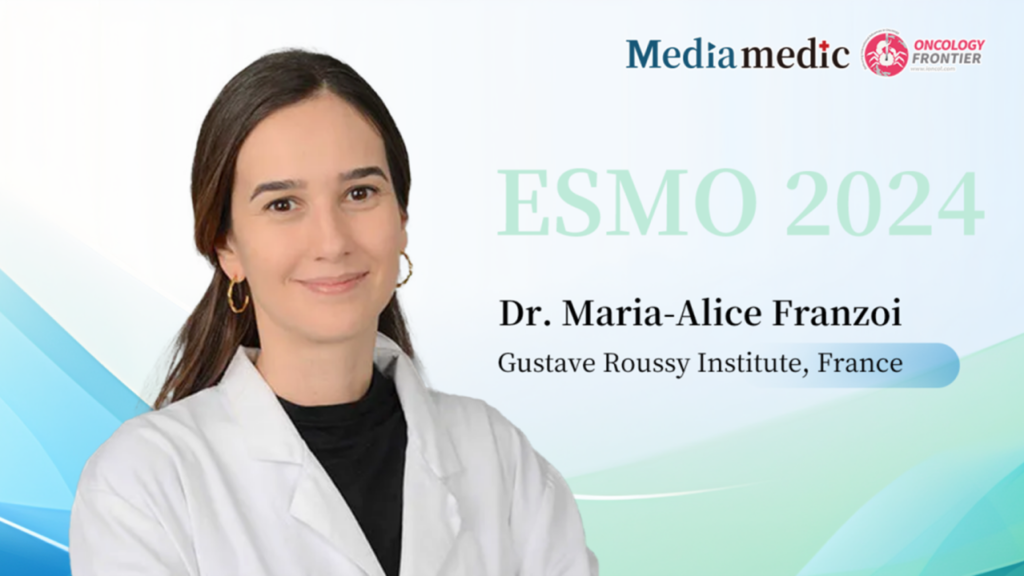
New data shows that breastfeeding does not increase the risk of breast cancer recurrence or developing secondary breast cancer, nor does it pose any health risks to the child.
For young women diagnosed with early-stage breast cancer, fertility preservation and pregnancy planning are top priorities (Breast. 2017;35:20-217). Qualitative and cross-sectional studies indicate that, in addition to physical, social, and psychological barriers, patients face a significant amount of misinformation regarding the safety and feasibility of breastfeeding after breast cancer. During treatment, patients often receive inadequate encouragement or support from healthcare professionals. Women who undergo bilateral mastectomy cannot breastfeed. However, women who have undergone breast-conserving surgery, while producing less milk, can still breastfeed. They can breastfeed with the unaffected breast, and one breast alone is sufficient to nourish a newborn, or even twins.
The data on whether pregnancy after breast cancer has negative outcomes for the mother or child is mixed (J Clin Oncol. 2021; 39:3293-3305), and there is limited evidence on the feasibility, safety, patterns, and outcomes of breastfeeding in women who have had breast cancer. While existing data is encouraging, it primarily comes from small retrospective studies and cross-sectional surveys.
A secondary analysis of a single-arm, prospective international study—”Pregnancy Outcomes and Safety of Interrupting Therapy in Women with Endocrine Responsive Breast Cancer” (POSITIVE)—assessed the impact of breastfeeding on breast cancer outcomes, providing insights into breastfeeding in breast cancer survivors. The POSITIVE trial has already shown that women with hormone receptor-positive early-stage breast cancer who completed at least 18 months of endocrine therapy can safely pause treatment for up to two years to become pregnant without increasing their short-term risk of breast cancer events (N Engl J Med. 2023; 388:1645-1656).
The new data from the POSITIVE study, presented at the 2024 European Society for Medical Oncology Congress (September 13-17, Barcelona), is very encouraging. It shows that 63% of patients who gave birth at term and did not undergo bilateral mastectomy breastfed, with 37% of them breastfeeding for at least six months (Abstract #1814O). Women who were more likely to breastfeed were older (≥35 years), childless before diagnosis, and had undergone breast-conserving surgery. Breastfeeding had no impact on the two-year breast cancer-free interval, though longer follow-up is needed. There is no evidence suggesting that breastfeeding is harmful or affects breast cancer outcomes, nor is there any reason to consider breastfeeding contraindicated.
Another study presented at the congress reported similarly encouraging results regarding the feasibility and safety of breastfeeding in young women who did not undergo bilateral mastectomy. This international retrospective cohort study included women aged ≤40 years who carried BRCA mutations and were diagnosed with stage I-III invasive breast cancer (Abstract #1815O). The study’s strengths lie in its specificity to BRCA mutation-positive breast cancer patients, its multicenter nature, and its long-term follow-up (7 years). Of the 4,904 patients enrolled, 659 became pregnant after their breast cancer diagnosis, and 474 gave birth. Of those, 23% breastfed for a median of five months, while 14% did not breastfeed. Nearly half (47.5%) of the patients had undergone bilateral risk-reducing mastectomy before giving birth and were therefore unable to breastfeed. Women who breastfed were more likely to be childless at the time of breast cancer diagnosis compared to those who did not breastfeed. During follow-up, breastfeeding had no impact on local recurrence or second primary breast cancer events. However, as this was a retrospective study, the findings should be interpreted cautiously. The study was not pre-planned, and the quality of the data makes evaluation more challenging. Detailed breastfeeding data may only be available when healthcare providers are motivated and sensitive to the topic.
As more young breast cancer survivors emerge (Oncol Ther. 2023;11:199–229), pregnancy and breastfeeding have become key areas that oncologists must address to provide comprehensive survivorship care. The studies presented at the congress significantly enhance the quality of available data and will be valuable in guiding patient-centered decision-making in clinical settings. We should use the feasibility and safety data from these studies to support early discussions along the treatment pathway. Ideally, women should receive counseling both before and after pregnancy (starting from diagnosis). For young BRCA mutation-positive women who wish to become pregnant and breastfeed, postponing prophylactic bilateral mastectomy should be part of the shared decision-making process. Additionally, certified lactation consultants play a crucial role in addressing breastfeeding challenges and ensuring successful breastfeeding, and we should advocate for providing this service to all patients.
There is now strong data linking breastfeeding with health benefits for both mother and child (Medicine (Baltimore). 2024;103). However, how breastfeeding specifically impacts the quality of life for women with a history of breast cancer has not been explored. I believe that breastfeeding can be a positive experience for breast cancer survivors, potentially aiding in the biological normalization of the breast, helping women reintegrate into their social and family lives, and strengthening their bond with their child. However, this should be appropriately assessed in future prospective studies.


